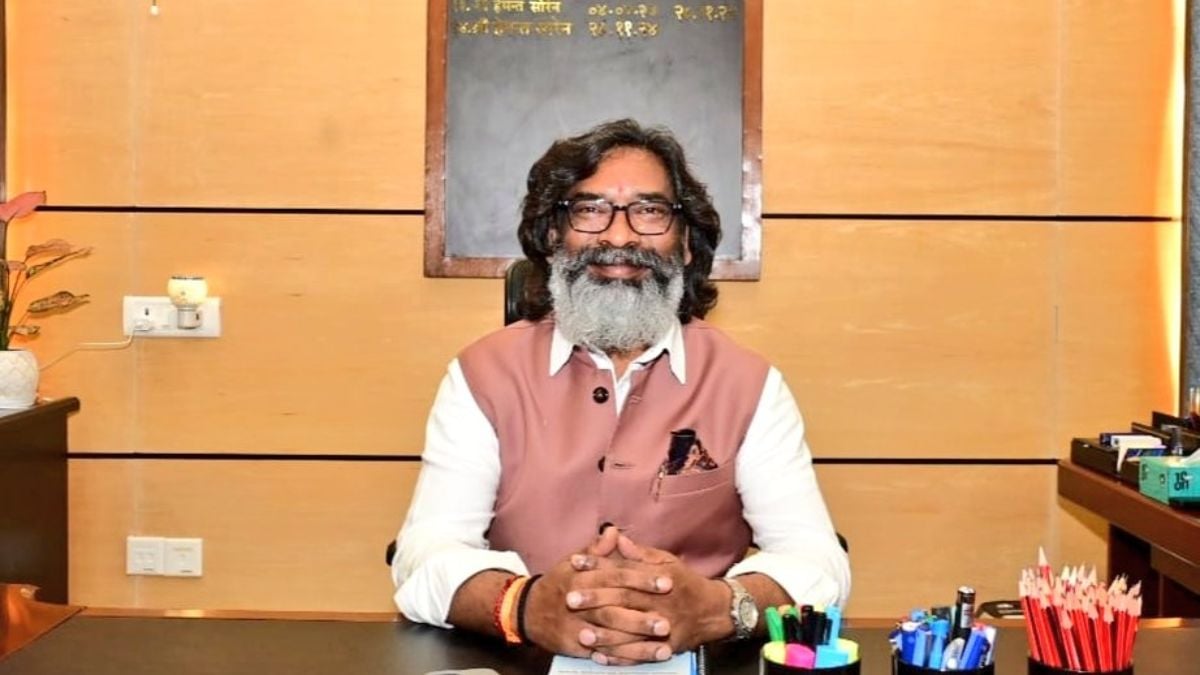Jharkhand Congress President Keshav Mahato Kamlesh met Chief Minister Hemant Soren on Saturday to discuss the long-awaited cabinet expansion, a key step for the coalition government. With a special session of the state assembly set for December 9, speculation is rife that the council of ministers will be formed before the session begins. During this session, the government is also expected to seek a trust vote, adding to the urgency of the expansion.
Hemant Soren, who was sworn in as Chief Minister on November 28, hinted at the expansion during the first cabinet meeting. According to reports, the swearing-in of new ministers is likely to take place in the coming days. The coalition government, led by the Jharkhand Mukti Morcha (JMM), has reportedly reached an agreement on the allocation of the 12 available cabinet positions.
Details On Ministry Allocation
The JMM, including the Chief Minister, will take seven seats, the Congress four and the Rashtriya Janata Dal (RJD) one. Meanwhile, the Communist Party of India (Marxist–Leninist) Liberation (CPIML), which secured two seats, has chosen not to join the government but will provide outside support, according to an India Today report.
While the JMM is said to have finalized its six nominees for the cabinet, discussions within the Congress and RJD are ongoing. The Congress, which won 16 seats in the assembly, faces stiff competition for its four cabinet positions. The party’s central leadership is evaluating candidates based on various criteria, including caste, tribe, gender, and minority representation, to ensure a balanced cabinet.
Traditionally, the Congress central leadership selects the Congress Legislative Party (CLP) leader and ministers, and this time is no different. With intense lobbying underway, Congress MLAs and leaders are making their cases in Delhi, emphasizing their seniority, experience and other qualifications to secure a spot in the cabinet.
The upcoming expansion is crucial for the coalition, as it seeks to balance internal dynamics and address regional and community interests. The distribution of portfolios will not only reflect political negotiations but also set the tone for governance in the months ahead.
This expansion is seen as a critical move to solidify the coalition’s stability and prepare for the legislative session, where securing a trust vote will be vital. With the JMM already firm on its picks, all eyes are now on the Congress and RJD to finalize their nominees and complete the power-sharing arrangement within the coalition.
